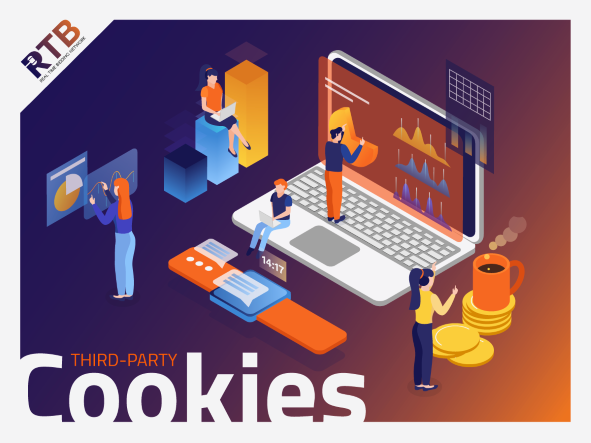Third-party cookies, which are placed on a website other than the owner of the website, collect user data to be used later. Several search engines have blocked third-party cookies; however, Google has decided to push blocking them till year 2023.
Third-party cookies play a major role in the digital advertising ecosystem by helping advertisers and brokers learn more about the users’ online behaviors by tracking the websites they visit, their interests, their preferences, and purchases if they have done any. With the data they have collected, advertisement companies manage to target relevant ads to these users based on their browsing behavior.
The process of blocking third-party cookies will significantly impact advertisers and advertising companies since they will no longer be able to create ads that can target internet users’ interests as before. These ad companies also believe that Google is trying to dominate the online advertising by blocking the third-party cookies.
The timeline that Google will follow to block third-party cookies is starting late 2022 once they complete the testing and APIs are launched in chrome. This will give time for publishers and ads companies to migrate their services.
The second stage will start mid-2023 when they stop supporting third-party cookies over a three-month period in the same year.
With this going around, advertising companies should stay up to date with Google’s third-party cookies blocking and seek other solutions from now, such as planning their testing and migrating schedules.
Finally, keep a close eye on Google’s third-party banning schedule, so you do not miss your ad-ing-s!

